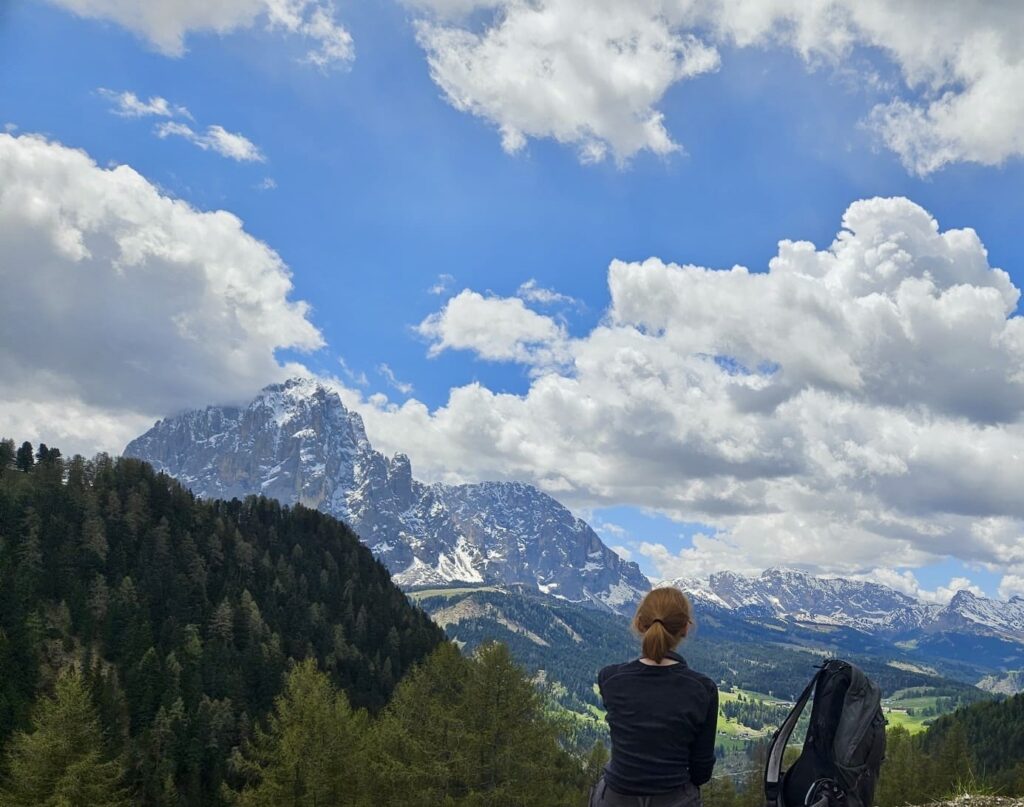Sarah Anne Stevens: Living the Values of Political Ecology
I am a PhD candidate at Leiden University’s Institute of Political Science who is
researching questions of contestation, power, and hegemony in global governance.
Specifically, my work empirically examines how processes of degrowth transformation
are introduced, contested, and co-opted in multistakeholder forest governance.
I remember my first massive natural disaster in Tennessee: The 2010 floods that washed away the streets leading to my house. At the time, neighbors and communities formed what was lovingly called the Redneck Armada. In true Tennessee fashion, our communities stepped up to help one another. I remember the Armada blowing up air mattresses, turning them into rafts, and navigating the dangerous floodwater to rescue people with fishing boats.
What is it like to work on a PhD overseas while watching climate change-induced natural disasters pillage your home? There is no answer, other than one that acknowledges the human angle of what it means to pursue research in a bureaucratic academic environment while feeling and experiencing the pain of events like Hurricane Helene through piecemeal calls with loved ones, through media that displays images of the mountain roads you once drove on annihilated in another round of flash floods. For most (if not all) of us, political ecology is both heavy and personal. It is, of course, also inspiring to study seeds of transformation and change, to cultivate and elevate those seeds through research. But it’s also deeply tiring, exhausting, and difficult to juggle. I think about how we as researchers (myself most certainly included) need to be far more intentional about supporting one another. Doing so does not take away from the movements of change and systemic transformation that we highlight in our work, nor does it downplay the violence and dispossession that we draw attention to. To the contrary, we cannot continue to do this work without supporting each other. I often hear as a PhD candidate that it is supposed to be lonely, isolating, and emotionally difficult. I find it sad and a little bit disturbing. Academia should be a challenge, but I wonder how much of this isolation could have been prevented, how many aspiring academics have felt the crushing weight of the world and quit because they, too, struggle to process the crises that impact us all quite personally. If we simply accept that this is how academia should be, we are no better than the institutions that perpetuate the very problems we so actively criticize.
I am grateful to introduce myself and my project, but I hope that this introduction encompasses an idea that stretches far beyond my research. As political ecologists, we need to ensure that we are continuously embodying support for one another at our institutions, in our spaces (and places), in our communities, and towards one another.
